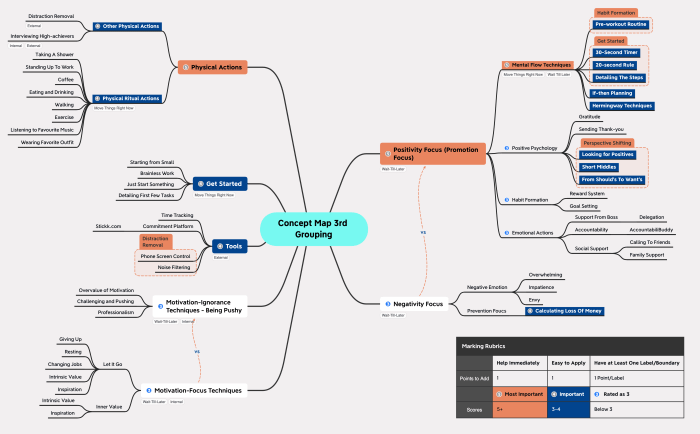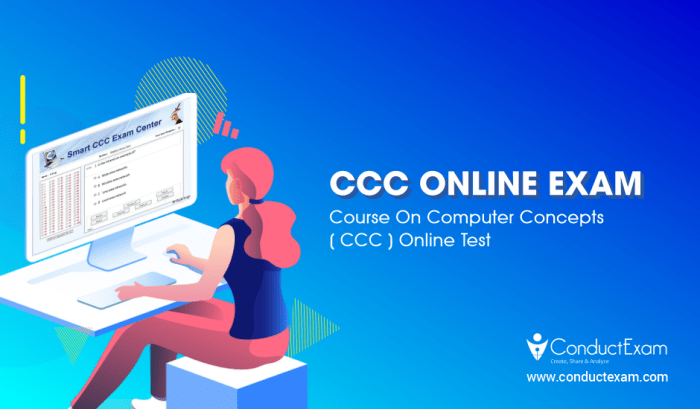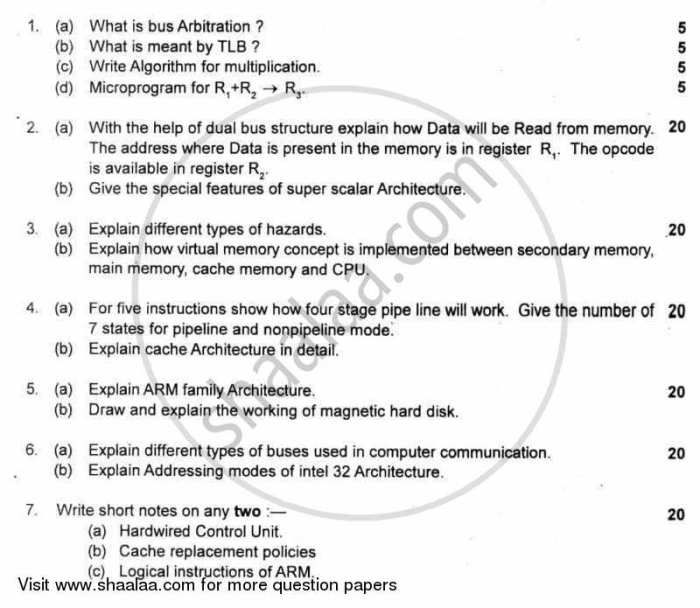Module 11 Computer Concepts Exam sets the stage for this enthralling narrative, offering readers a glimpse into a story that is rich in detail and brimming with originality from the outset. This comprehensive guide delves into the fundamental principles of computer science, providing a solid foundation for understanding the inner workings of modern computing systems.
Throughout this exploration, we will uncover the essential concepts that underpin computer hardware, software, data representation, operating systems, networking, security, and emerging technologies. By unraveling the complexities of these interconnected components, we gain a deeper appreciation for the transformative power of computing in shaping our world.
Module 11 Overview

Module 11 explores fundamental concepts of computer science, providing a comprehensive understanding of computer systems and their operation.
Key concepts covered include hardware and software components, data representation, operating systems, networking, security, and emerging technologies.
Computer Concepts
Computer concepts encompass the theoretical foundations and practical applications of computer science.
- Types of Computer Concepts:Algorithms, data structures, programming languages, computer architecture, and operating systems.
- Examples:Binary search algorithm, linked list data structure, Python programming language, von Neumann architecture, and Windows operating system.
Hardware and Software
Hardware refers to the physical components of a computer system, while software encompasses the instructions that control the hardware.
- Major Hardware Components:Processor, memory, storage devices, input devices, and output devices.
- Relationship:Software provides instructions that the hardware executes to perform specific tasks.
Data Representation
Data is represented in computers using binary digits (bits), which are combined to form bytes and larger units.
- Data Types:Integers, floating-point numbers, characters, strings, and booleans.
- Binary Number System:Base-2 system where digits are 0 and 1, representing the on/off states of electronic circuits.
Operating Systems
An operating system is a software that manages the hardware and software resources of a computer system.
- Functions:Process management, memory management, file management, and user interface.
- Types:Single-user (e.g., MS-DOS), multi-user (e.g., Linux), and real-time (e.g., QNX).
Networking, Module 11 computer concepts exam
Computer networking involves connecting multiple computers to share resources and communicate.
- Types of Networks:Local area networks (LANs), wide area networks (WANs), and the Internet.
- Advantages:Resource sharing, collaboration, and access to information.
- Disadvantages:Security risks and network congestion.
Security
Computer security is crucial for protecting computer systems from unauthorized access, data breaches, and malware.
- Types of Security Threats:Viruses, malware, phishing attacks, and hacking.
- Protection Methods:Antivirus software, firewalls, intrusion detection systems, and encryption.
Emerging Technologies
Emerging computer technologies are rapidly changing the way we use computers.
- Examples:Artificial intelligence, machine learning, cloud computing, and the Internet of Things (IoT).
- Impact:Automation, personalized experiences, enhanced decision-making, and societal transformations.
Question Bank: Module 11 Computer Concepts Exam
What is the scope of Module 11 Computer Concepts Exam?
Module 11 Computer Concepts Exam covers a wide range of topics, including computer hardware, software, data representation, operating systems, networking, security, and emerging technologies.
What are the key concepts covered in Module 11 Computer Concepts Exam?
Some of the key concepts covered in Module 11 Computer Concepts Exam include the difference between hardware and software, the major components of a computer system, how data is represented in computers, the functions of an operating system, the different types of networks, the importance of computer security, and emerging computer technologies.
How can I prepare for Module 11 Computer Concepts Exam?
There are several ways to prepare for Module 11 Computer Concepts Exam, including studying the course materials, attending lectures, completing assignments, and practicing with sample questions.


